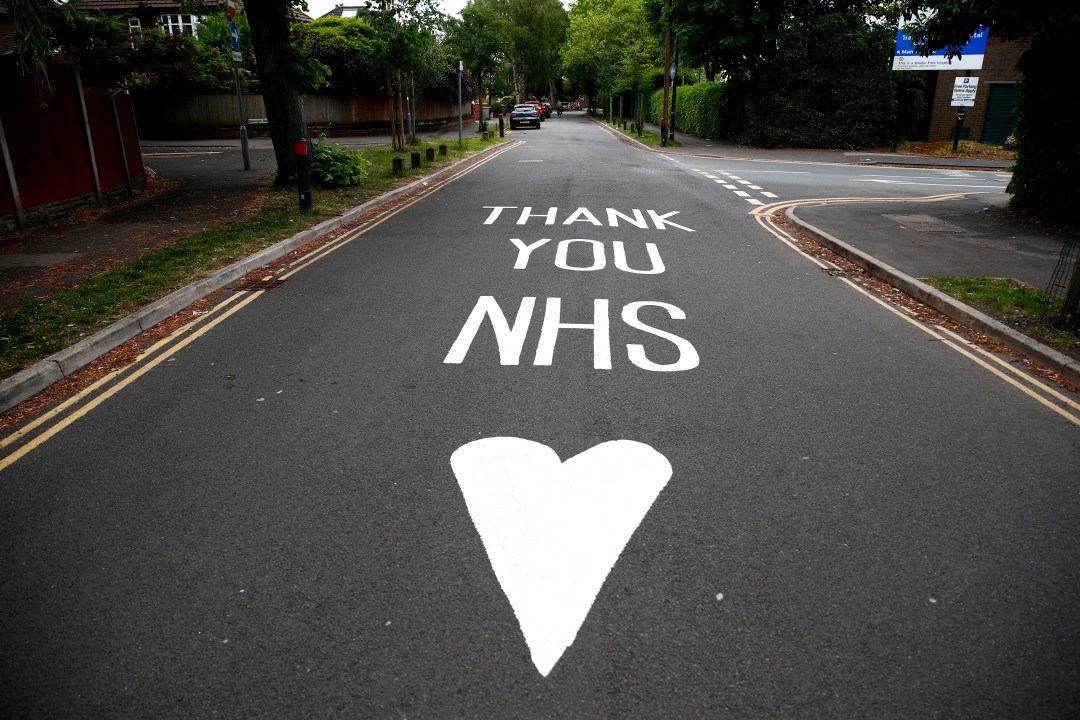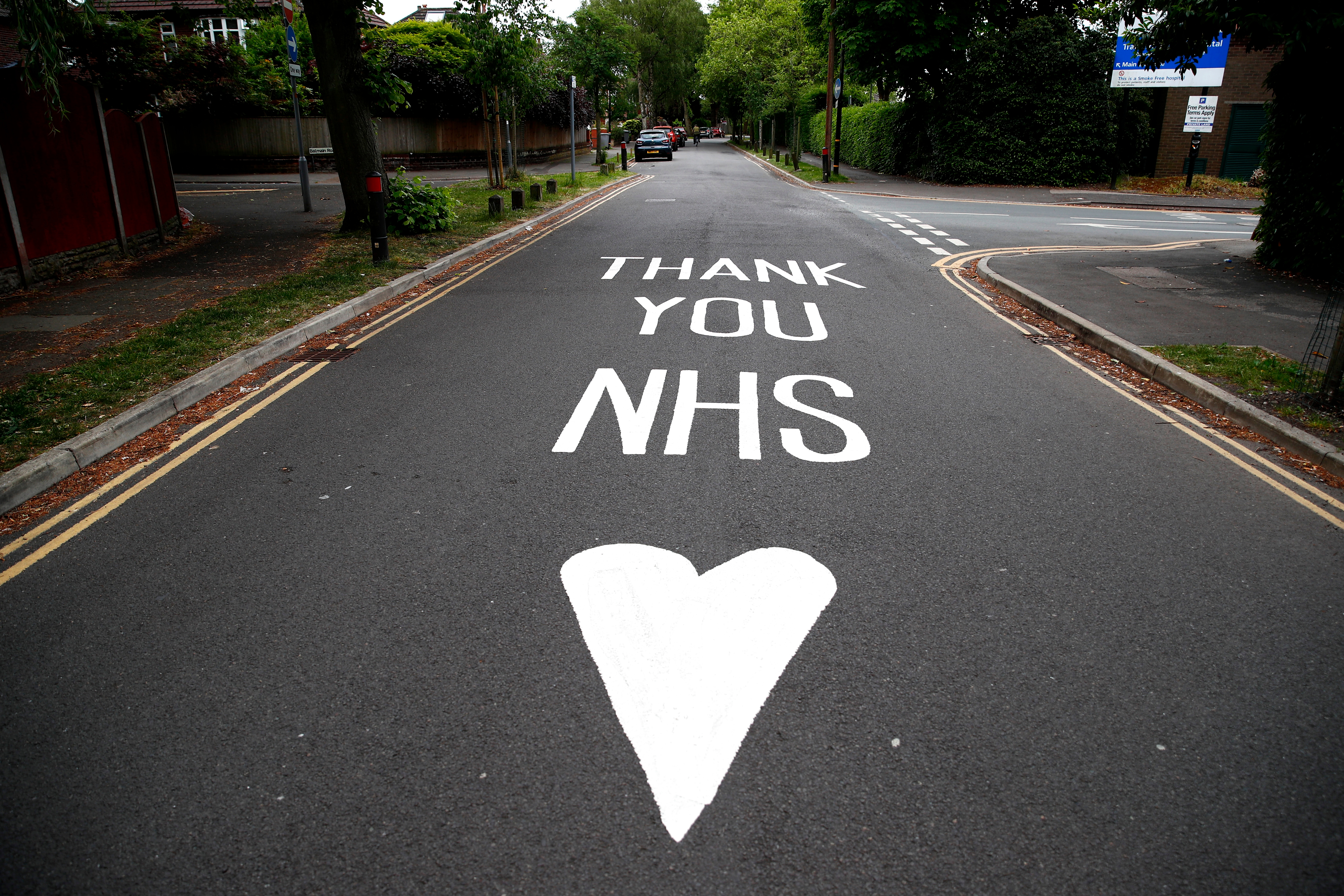At 5pm, we are being encouraged to head to our windows and doors to clap for the National Health Service on its 72nd birthday – the idea is that we’d be doing, once again, what we did in lockdown. Except we wouldn’t. The original gesture was to show thanks to the many healthcare staff (and a broader scope of key workers) who were putting their lives on the line to help others, treating our sick at the peak of the virus in the UK. These are brave people at the best of times, but especially so in the early months of the pandemic, when we were still in the dark as to how contagious it was, who was most likely to suffer from it, and just how deadly it would become. But this evening’s round of applause for the NHS isn’t like the others. So quickly we have diverted the attention from healthcare staff back to the monolithic institution that is the NHS: a structure and system that has been outdated for decades, failing its patients and staff alike.
The ‘protect the NHS’ slogan of the early lockdown days proved to be (literally) a fatal mistake
Every year the NHS’s ‘birthday’ is touted by politicians, often as an excuse to craft some bad policy that does nothing to fix its many problems and ailments. It also serves as a yearly opportunity for politicians across the parties to signal how much they support universal access to healthcare – as if that is something unique to the UK and not practiced in almost every developed country around the world. Funding for the NHS goes up in real terms every year, yet its outcomes remain mediocre, if not sometimes shockingly bad. The only study that ranks the NHS best overall – compared to other key developed countries – also ranks it 10/11 for healthcare outcomes, which is how patients actually fare when they go through the system. ‘The only black mark against the NHS’ wrote the Guardian when the study was released in 2014, ‘was its poor record on keeping people alive’. Ironic, yes – and tragic too.
And tonight we’re asked to clap – not for NHS workers, doctors, nurses, carers, or cleaning staff – but for the fact that an institution, founded 72 years ago, has never meaningfully updated to adjust for demographics, population size or the needs of patients – as if there is some source of pride in that. This year’s gestures and platitudes particularly grate: it has never been accurate to claim the NHS is the best healthcare system in the world (far from it), but especially not as the UK hovers around one of the highest Covid-19 death tolls in Europe. At the core of the NHS’s structure is the need to ration care, which has been blatantly on display during the Covid crisis. The ‘protect the NHS’ slogan of the early lockdown days proved to be (literally) a fatal mistake: it meant discharging hospital patients and sending them to care homes who were not afforded the same protection. Cancer patients have had their treatment delayed, the consequences of which we’ll be realising in years to come. A&E attendance plummeted, all in a bid to preserve the healthcare system, regardless of whether it was allowing medical professionals to do their job of treating their most needy patients. Then there are the failures at the fringes of the NHS – like Public Health England’s failure to stock enough PPE, or the UK’s inability to track and trace Covid-19 with an app until autumn at the earliest, because politicians and bureaucrats backed an NHSX app over the tried and test app framework crafted by tech giants. Whether it be direct medical care of the equipment and tech needed to improve public health, the NHS continues to exist in a perpetual state of crisis on all fronts.
This year is a rare opportunity to admit the NHS’s shortcomings – not as a political charge or an election tactic, but with the purpose of actually improving it for years to come. It’s clearly not being taken. Unlike the many rounds of applause that came before it, tonight’s clap will just be more noise, meant to distract from the UK’s healthcare system’s many shortcomings. I’ll save my applause for the first politician or senior NHS official who’s willing to say that and do something about our ever-failing system.








Comments